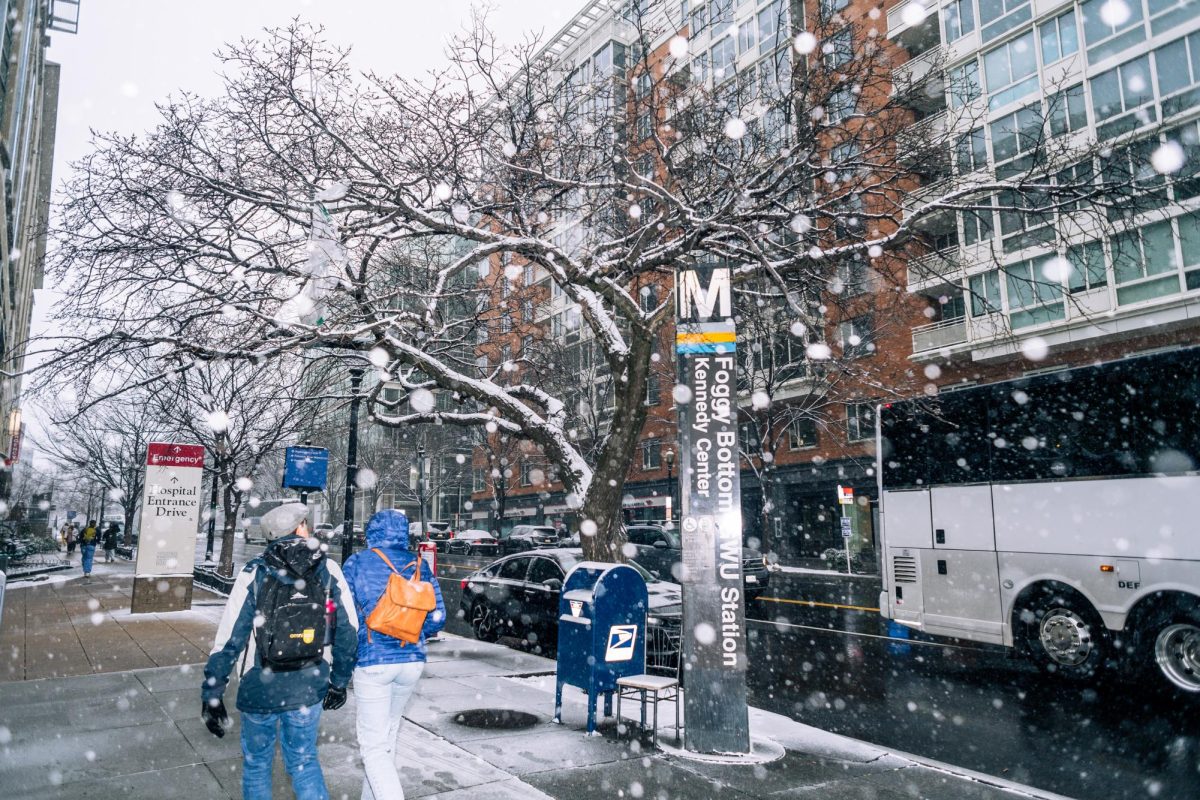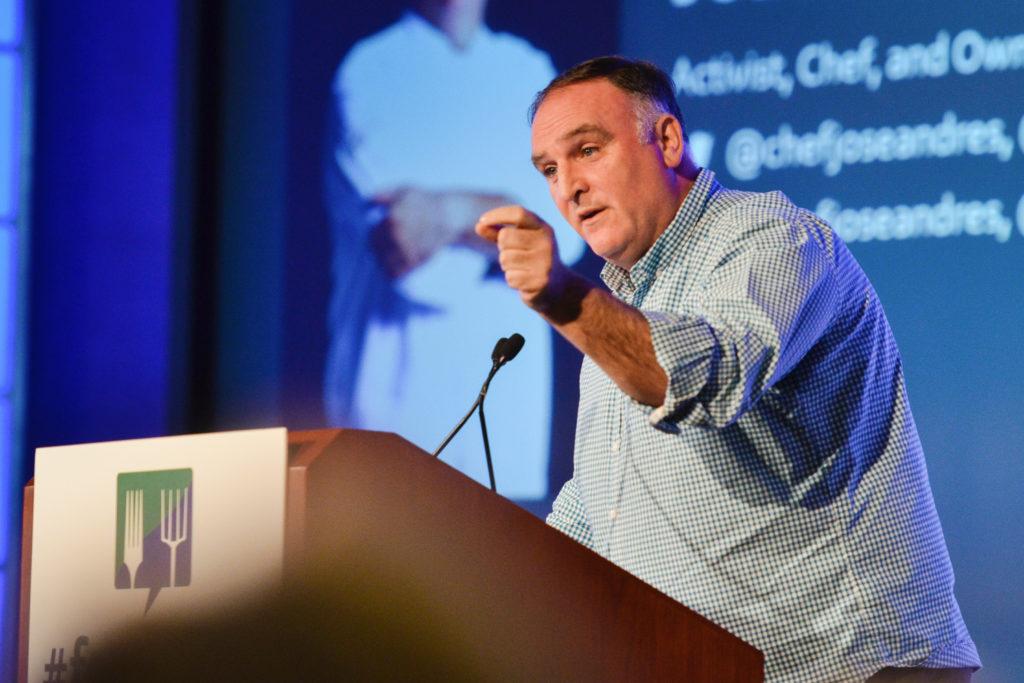Sophomore transfer student and Israeli national Adi Timor found herself in an uncomfortable situation last month at a dinner party. At the event, hosted by George Mason University’s Institute for Conflict Analysis and Resolution, she found herself sitting across a dinner table from a Palestinian man.
Timor was surprised to hear the man, Rawhi Afhagani, refer to her home country as Palestine.
“I’m used to people saying Israel. I kept nudging my friend at the table and saying, ‘Did you hear that? He called it Palestine.’ I started to think we shouldn’t be sitting there with him,” Timor said.
Later in the evening, Timor and Rawhi met personally while smoking cigarettes and began what has so far been a quality friendship, despite their differing nationalities.
“Yesterday, for the first time, (Rawhi and I) talked about the (Israeli-Palestinian) conflict,” Timor said this week. “We were able to do so because we’re aware of the fact that we are friends.”
Timor said this unexpected encounter and friendship was one important factor that led her to establish a new student organization at GW, The Middle Eastern Peace Group. She started the group with senior Mohammad Khateeb, whom Timor calls her “Palestinian counterpart.”
MEPG was created as an opportunity for peaceful student discourse about issues that affect the Middle East, including the Israeli-Palestinian conflict, she said. The group plans on having its first meeting later this month, and Timor said she already has students interested in joining.
“When I got here I was warmly welcomed by the Jewish organizations, and they do a great job at what they do,” Timor said. “But at a school like GW, with the Elliott School, one of the best international affairs schools in the country, there was no organization putting Jewish and Muslim students together.”
Timor said she hopes to facilitate friendly and open discussion among students who join her organization by utilizing a three-step process.
The first step is to develop self-understanding and a willingness to talk to others of different backgrounds on a personal level. The second step asks members to establish a thorough understanding of the personal histories and opinions of fellow MEPG members. Finally, the third step culminates in collaboration and discussion of Middle Eastern issues among members in a peaceful, accepting manner.
Timor added that one of MEPG’s long-term goals is to create a peace plan to send to world leaders and the American government.
“Even if we don’t create a peace plan, if Israelis are friendly with Arab (students), we have won,” Timor said.
Adina Friedman, a part-time faculty member at the Elliott School of International Affairs, will be helping MEPG to reach its conflict resolution goals.
“Where I come in is in advising and guidance,” Friedman said. “Myself and a Palestinian colleague have first-hand experience living in the Middle East and working through conflict resolution. We’re acting as facilitators of this process.”
Friedman said she hopes to help create sustainable and meaningful relationships between Middle Eastern students of varied descents and viewpoints.
“The goal is not to make people activists, but to transform relationships,” Friedman said. “Dialogue is not about just talking, but active listening.”
Timor, who was born in South Africa to a Jewish family of Israeli decent, said her strong connection to her Middle Eastern heritage was another central reason she wanted to form MEPG.
After living and attending a Jewish school in South Africa for 10 years, Timor’s family moved back to Israel where she grew up in the small town of Hod HaSharon. She served as one of the representatives of Hod HaSharon in the Israeli government at age 17, and then went on to serve three years in the Israeli army. In her third year of service, Timor became an officer.
MEPG is hoping to receive funding from the Student Association, and Timor said she aims to hold meetings starting Oct. 25. Timor said she has outlined a tentative calendar of events, including weekend retreats and lectures that will conclude in a group trip to the Middle East.






